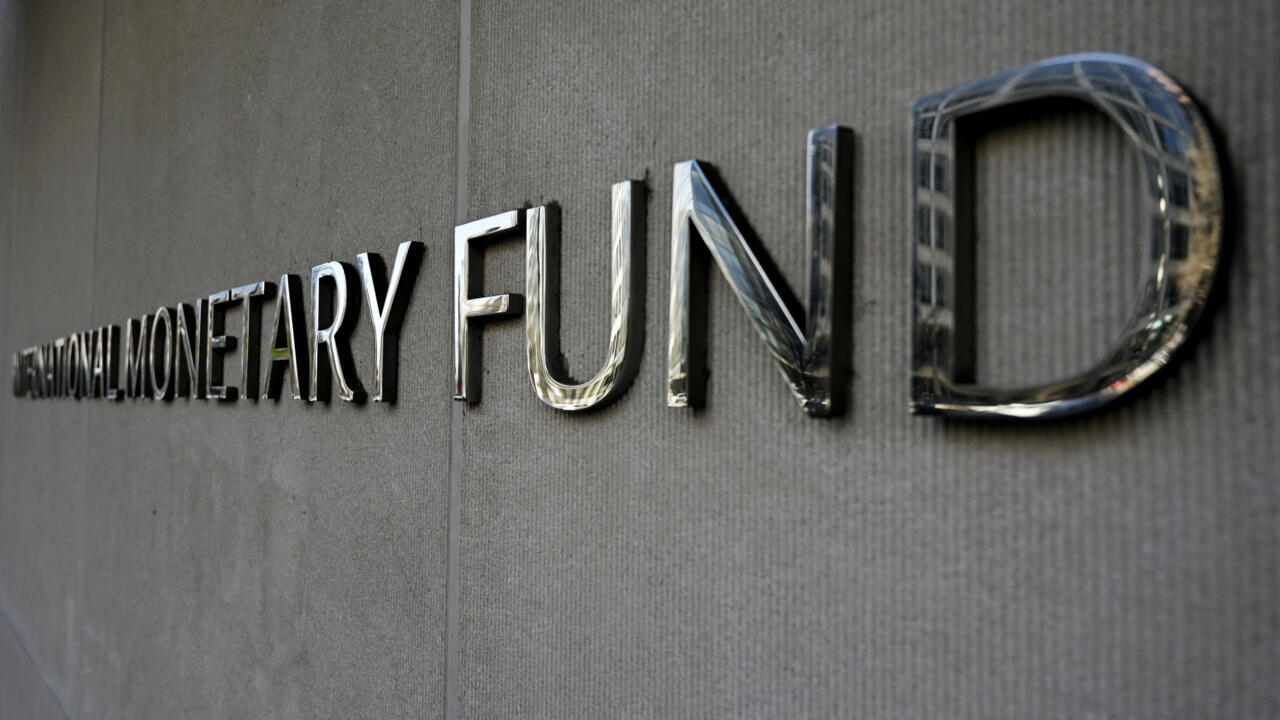Negotiated since August 2020, this new agreement is a real lifeline for Buenos Aires.
The previous government (center-right) had contracted in 2018 a record loan of 57 billion dollars.
But struggling to repay its maturities, the second largest economy in South America risked default.
"It's a significant step forward for Argentina in the macroeconomic stabilization process, which allows the country to continue to create the conditions to continue the strong economic recovery" today, said the Argentine Economy Minister Martin Guzman told AFP in Paris.
For Guzman, who met in France the Paris Club and the International Energy Agency (IEA), debt refinancing in 2018 and 2019 will allow "greater stability" and stimulate "growth investments" , as well as "the recovery of employment and production".
The new 30-month aid plan, granted under the International Monetary Fund's "extended credit facility", should enable Argentina to "strengthen debt sustainability, fight against high inflation, to increase the reserves, to fill the social gaps of the country", explained the institution.
If the economic and employment recovery is on track after the crisis caused by the Covid-19 pandemic, Argentina "continues to face exceptional economic and social challenges", nevertheless underlined the managing director of the IMF. Kristalina Georgiava.
He cited "a depressed per capita income, high poverty levels, persistent high inflation, a heavy debt burden and weak external reserves".
Poverty
Even before the pandemic, the poverty rate was close to 36%, according to IMF data.
Georgieva believes that the economic program that was developed by the Argentine government and is supported by the Fund "fixed pragmatic and realistic objectives and credible policies to strengthen macroeconomic stability."
The program should thus make it possible to consolidate the Argentinian budget and to support growth, which will make it possible to reinforce the viability of the debt and to control "persistent and high inflation".
However, the boss of the IMF observes that "a strong political and social consensus is essential to support the implementation of the reform program".
The Argentine Congress gave its approval last week to this loan amount.
On the other hand, he did not vote on the macroeconomic policies themselves.
Despite political friction, an IMF official, who requested anonymity, said he was "completely confident" about the program.
Kristalina Georgieva, she recognized that the risks were "exceptionally high" after the fallout from the war in Ukraine is already materializing.
Recalibration of the program?
“The recent dramatic rise in geopolitical tensions heightens uncertainty over the global outlook for growth, inflation, commodity prices and capital flows, with significant potential implications for Argentina and for the program,” note IMF economists in a report released Friday evening.
They also note that a resumption of the pandemic is not excluded besides the tightening of global financial conditions and climatic shocks.
"Furthermore, the program may fail to engender trust and, over time, build stability, especially if political support for the program wanes, including ahead of the October 2023 presidential election," warns officials. authors of the report.
"In this context, an early recalibration of the program, including the identification and adoption of appropriate measures, if necessary, will be essential to achieve the objectives of the program", advocated Kristalina Georgieva.
The IMF official, who did not wish to be identified, said a first review of the program should take place as early as mid-May.
However, he did not give a date on a possible mission to the country.
© 2022 AFP

